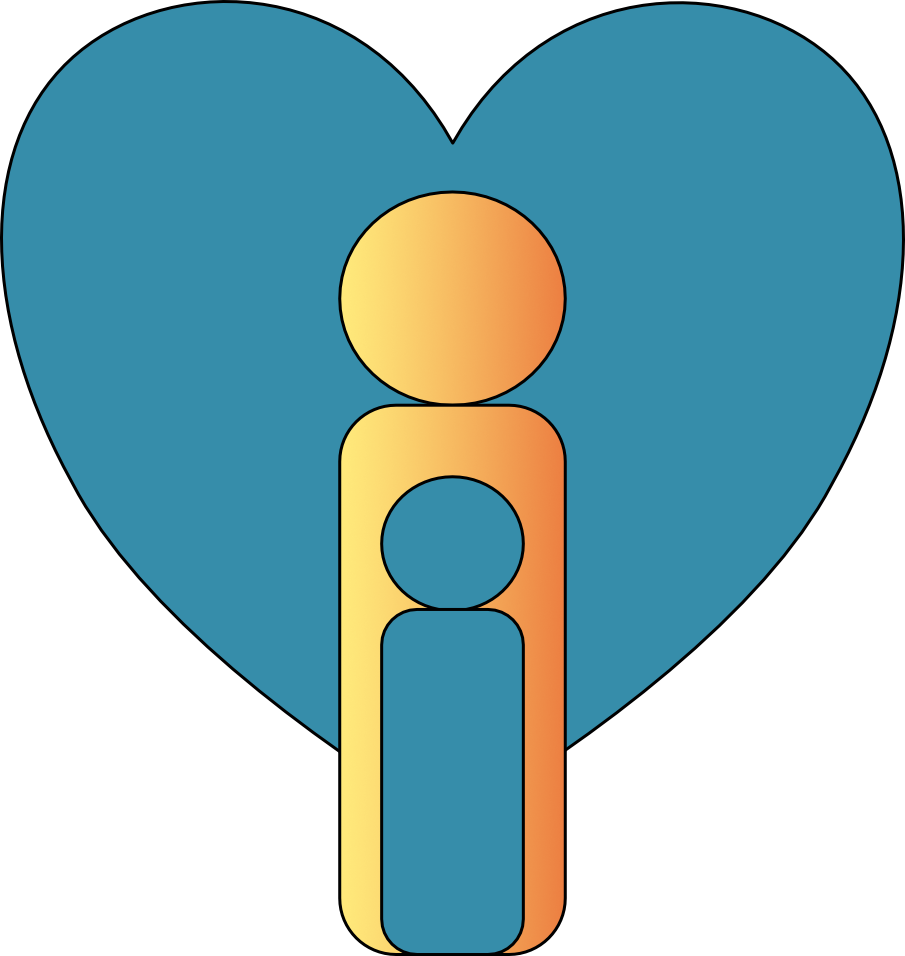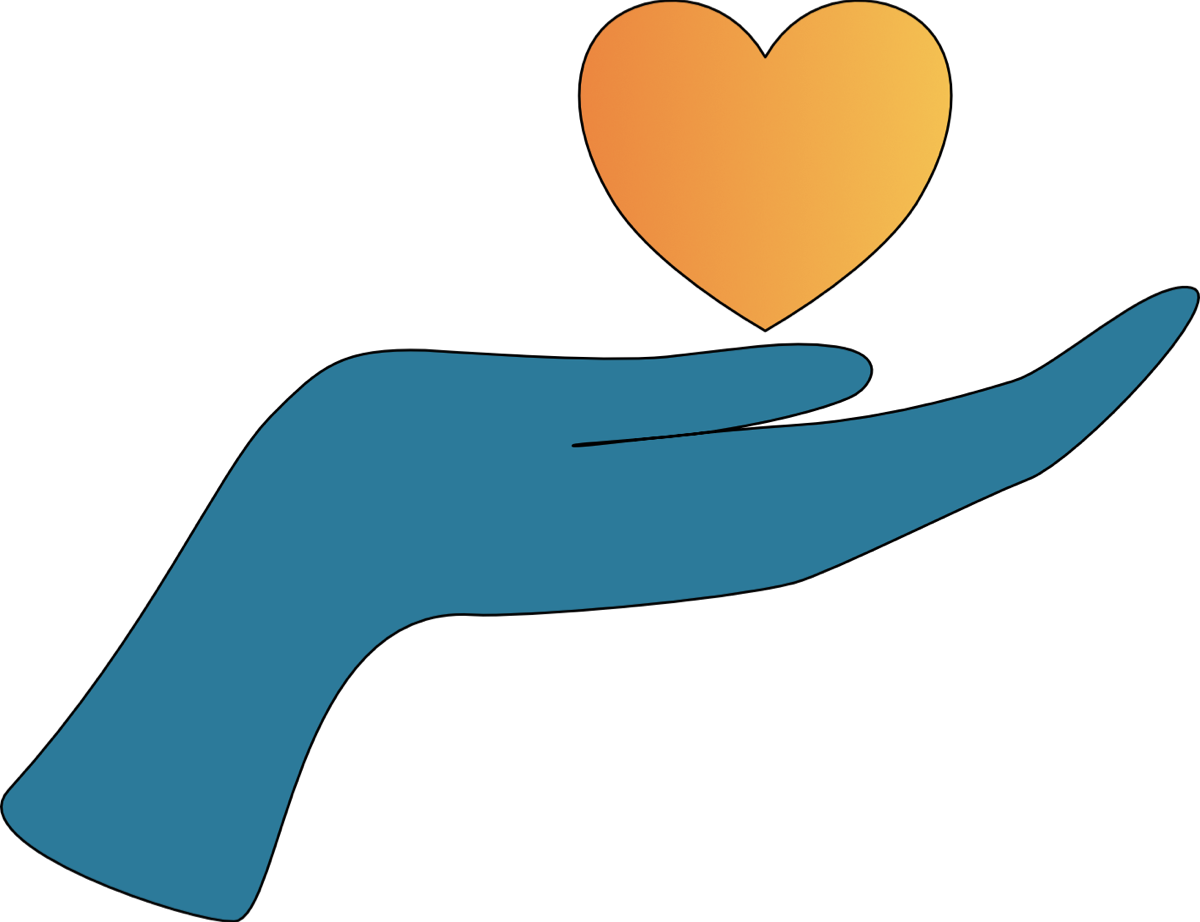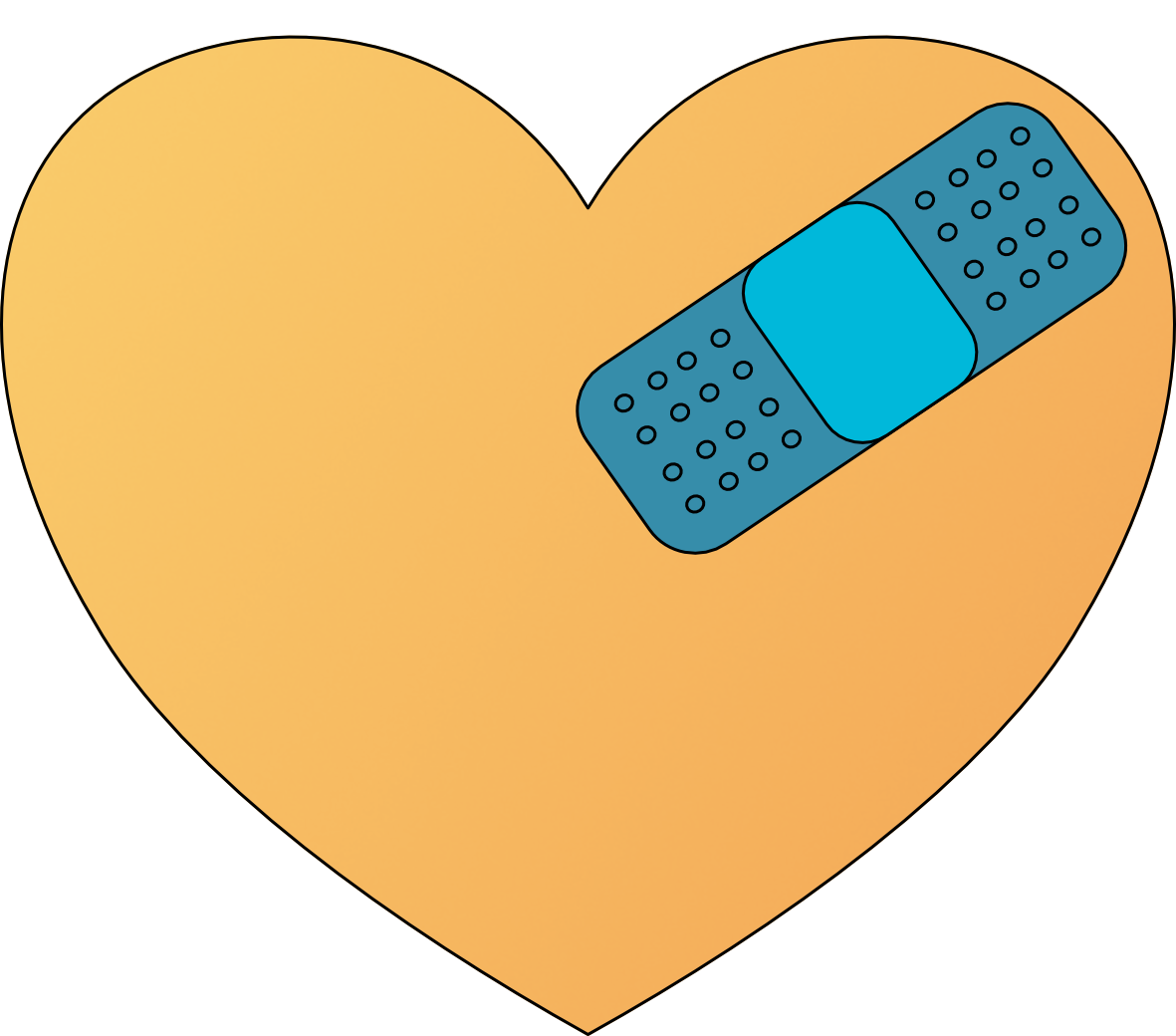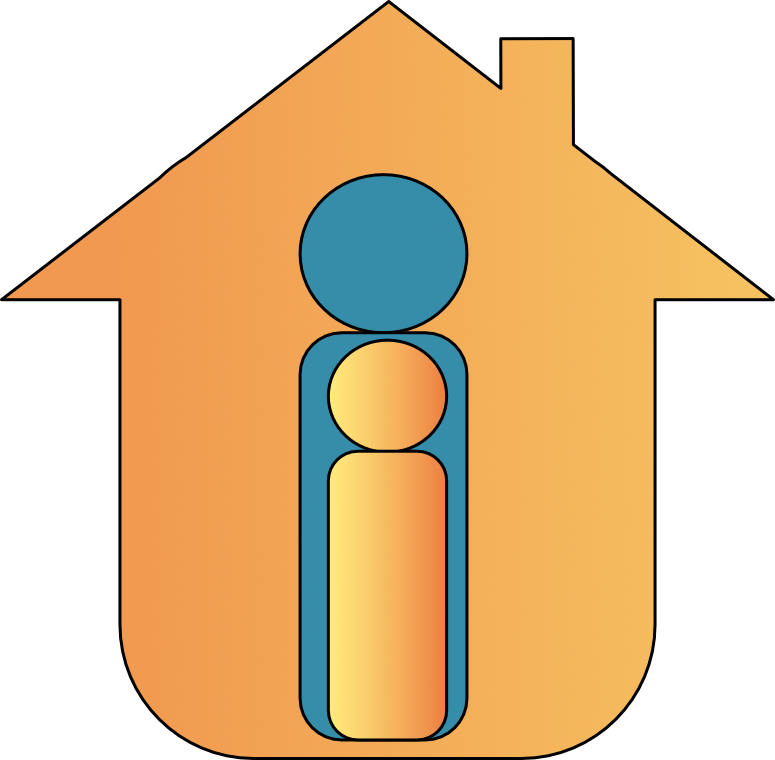mentalWellness
To be a healthy human means focusing on both physical and mental wellness. The global pandemic has added more stress to our daily existence and changed the way in which kids and teens develop socially, emotionally, and cognitively. What was normal is now a memory. With past estimates showing that up to 20% of the US population experiencing a mental illness each year, the topic of mental health needs to be front and center.
Please check back often as we are continually updating our resources and additing additional articles to help you stay informed about mental wellness.
Disorders don’t just pop out of thin air and yell 'Surprise!' They develop over time due to a complex mix of influences"

Mental Illness: Symptoms & Diagnosis
Mental Health Detective: Making a Diagnosis
What is a diagnosis
A diagnosis is the identification of an illness.
The first meeting with a mental health or medical professional is uasually for an “intake.”
This is a fancy way of saying, “We’re going to ask you a lot of questions about everything.” The goal of an intake is to obtain a broad understanding of the person, their symptoms, and the ways in which the illness impacts their life.
Disorders don’t just pop out of thin air and yell “Surprise!” They develop over time due to a complex mix of influences. It then makes sense that a common approach to determining a diagnosis is to use the biological-psychological-sociological (biopsychpsocial) model to better understand an illness.
Biological: Most disorders have a genetic, or biological, component to them. Having a solid personal and family medical background is essential to understanding the illness.
Psychological: Personal experiences such as changing schools, losing a family member, or being targeted by a bully can have a long-term impact on us humans. An event that seems unimportant, positive or not so positive, may have an influence on how someone sees the world or feels about themself.
Social: Attending a large school with thousands of students is a very different social experience than going to a small school with only a few hundred kids. Moving to another city or even another country as a child can mean adapting to new social norms or cultural expectation. Social environments play a vital role in our development as they influence our relationships, our identity, and can impact how we adjust to external events.
The clues: Symptoms
Symptoms are the expression and the evidence or “clues” of an illness.
As an example, symptoms of a sprained ankle may be bruising, swelling under the skin, and it may be tender to the touch. Walking can also be very painful depending on the severity of the injury. It is up to the owner of that ankle to explain how it feels and give us the details of how the sprain happened.
Keep in mind that the visual clues and the patient’s verbal report are viewed collectively. Swelling on its own or bruising without any of the other symptoms can apply to several other medical issues not related to a sprained ankle.
Symptoms of a mental illness are similar. A loss of motivation or generalized sadness that lasts for a considerable amount of time can be a clue that someone is feeling mentally unwell. Or it may be something completely unrelated to mental, physical, or emotional health.
Remember, us humans interpret the behavior of others through our personal experiences and beliefs. It is vitally important to combine the individual's experience with any observations and the other clues to help point us towards a diagnosis.
Note Obviously, these are general examples and not intended to be used as a guideline to diagnose an actual illness, physical or otherwise.
Importance of a Diagnosis
To effectively communicate with other people, we need to agree on the meaning of the words we use. If we invite someone to lunch on Wednesday, they would be very confused if we ask them to join us for Purple on Envelope Day. Purple is not a meal, and Envelope Day isn’t an actual day of the week.
A common language is essential to communicate specific information effectively. In psychology, as with physical medicine, illnesses are given a name to make sure everyone involved is talking about the same thing. For example, having a diagnosis allows us to discuss treatment options, educate clients and their families, as well as find resources without explaining details of the illness each time we speak with someone.
Just as the word “Wednesday” refers to the third day of the week, Major Depressive Disorder diagnosis relays important information about the illness and how to best serve the person we are helping.
________________________________________________________________________________________
OUR RECENT ARTICLES
The information and resources on this website are intended to help individuals better understand the U.S. health care system, health services research and medical effectiveness, and diagnosed conditions, but not to provide specific medical or mental health advice. Individuals are urged to consult with their own qualified health care providers for all diagnosis and treatment, and for answers to personal health care questions.
Please see our Terms of Use for details.
© 2023 Strive Family Resources, LLC




